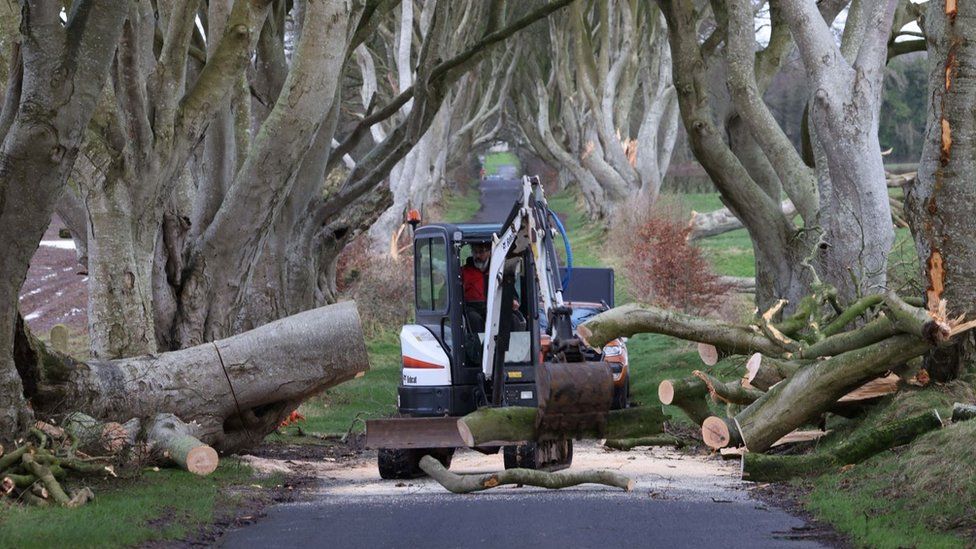What To Expect In An Appeal Process
Appellate court is the next level of the judicial system that is higher than the trial court. Appellate courts hear appeals from decisions made by lower courts, and they can reverse or uphold those decisions, or they can remand the case back to the lower court for further proceedings.
This article will explain what to expect in appellate court and discuss the role of federal appeals lawyers and civil appeals attorneys in the appellate process.
Table of Contents
Overview of the Appellate Process
The appellate process starts when a party files a notice of appeal with the clerk of the lower court within a specified time frame. The appellant then prepares a brief that explains why the lower court’s decision was incorrect and requests the appellate court to reverse the decision. The appellee, or the opposing party, files a response brief that defends the lower court’s decision. Both parties may also present oral arguments before a panel of judges who will decide the case.
The Role of Federal Appeals Lawyers
Federal appeals lawyers are attorneys who specialize in practicing before the United States Court of Appeals. These lawyers represent clients who want to appeal a decision made by a federal district court, a bankruptcy court, or an administrative agency. Federal appeals lawyers have extensive knowledge of federal law and the appellate process, which allows them to identify issues that can be raised on appeal and to present a persuasive argument to the appellate court.
The primary role of federal appeals lawyers is to prepare and present a persuasive appellate brief that highlights the errors made by the lower court and persuades the appellate court to reverse the decision. Federal appeals lawyers also prepare for oral argument by researching the legal issues and preparing a concise and persuasive argument. They may also work with expert witnesses to develop arguments that are based on the testimony of the expert.
In addition to presenting the client’s case before the appellate court, federal appeals lawyers also provide legal advice and guidance throughout the appellate process. They work closely with clients to understand their goals and to develop a strategy for achieving those goals. They also provide advice on the potential outcomes of the case and the risks associated with pursuing an appeal.
The Role of Civil Appeals Attorneys
Civil appeals attorneys are attorneys who specialize in practicing before state appellate courts. These lawyers represent clients who want to appeal a decision made by a state court. Civil appeals attorneys have extensive knowledge of state law and the appellate process, which allows them to identify issues that can be raised on appeal and to present a persuasive argument to the appellate court.
The primary role of civil appeals attorneys is similar to that of federal appeals lawyers. They prepare and present a persuasive appellate brief that highlights the errors made by the lower court and persuades the appellate court to reverse the decision. They also prepare for oral argument and work with expert witnesses.
In addition to presenting the client’s case before the appellate court, civil appeals attorneys also provide legal advice and guidance throughout the appellate process. They work closely with clients to understand their goals and to develop a strategy for achieving those goals. They also provide advice on the potential outcomes of the case and the risks associated with pursuing an appeal.
The Role of Federal lawyers
Federal lawyers are attorneys who practice in the same geographical area as the client. These lawyers may specialize in a particular area of law, such as criminal defense or personal injury, and they may represent clients in both trial and appellate courts. These lawyers may also have experience practicing before the United States Court of Appeals.
The role of Federal lawyers near me is to provide legal representation to clients who are involved in a federal case. They may represent clients in both trial and appellate courts, depending on the stage of the case. In appellate cases, Federal lawyers may prepare and present a persuasive appellate brief or to prepare for oral argument.
Federal lawyers near me also provide legal advice and guidance throughout the litigation process. They work closely with clients to understand their goals and to develop a strategy for achieving those goals. They also provide advice on the potential outcomes of the case and the risks associated with pursuing the case in federal court.
What to Expect in Appellate Court?
When a case is appealed to an appellate court, the appellate court reviews the record of the proceedings in the lower court, including any documents, transcripts, and evidence presented in the case. The appellate court also reviews the briefs submitted by the parties and may hear oral arguments.
Appellate court proceedings are typically more formal than trial court proceedings. There are usually no witnesses or juries, and the judges may interrupt the parties during oral argument to ask questions or seek clarification. Appellate court proceedings are also typically shorter than trial court proceedings, often lasting only a few hours or a day.
Focus is on Legal Errors
One important thing to expect in appellate court is that the focus is on legal errors, not factual disputes. Appellate courts do not typically consider new evidence or reexamine the facts of the case. Instead, they review the lower court’s decision for legal errors, such as incorrect application of the law or procedural errors.
Different Standard of Review is
Another important thing to expect in appellate court is that the standard of review is different from the standard used in the trial court. Appellate courts use a deferential standard of review, which means that they give a high degree of deference to the lower court’s findings of fact and only reverse those findings if they are clearly erroneous. On the other hand, appellate courts review legal issues de novo, which means that they review legal issues without giving any deference to the lower court’s decision.
Remanding a Case Back to Lower Court
In some cases, appellate courts may remand a case back to the lower court for further proceedings. This can happen if the appellate court finds that the lower court made an error that requires further proceedings to resolve. For example, the appellate court may remand a case if it finds that the lower court failed to consider a particular legal issue or if it finds that the lower court made an error in admitting or excluding evidence.
Conclusion
The appellate court process can be complex and challenging, requiring the skills and expertise of experienced legal professionals. Federal appeals lawyers can all provide valuable guidance and representation throughout the appellate process.
At Brownstone Law, we specialize in appellate law and have a track record of success in handling complex appeals in a variety of legal areas. Our team of skilled attorneys is dedicated to helping clients achieve their goals on appeal and providing them with the highest level of representation.
Contact us today to learn more about our services and how we can assist you in navigating the appellate process.





